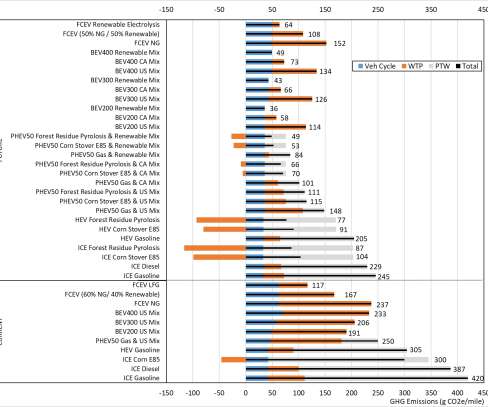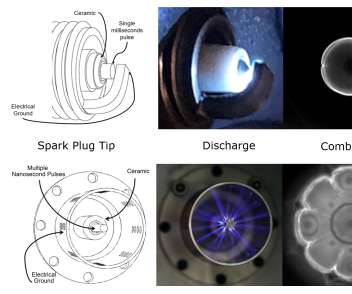Studies highlight effects of different gasoline components on fuel economy, combustion and emissions
Green Car Congress
APRIL 12, 2018
Researchers at Jilin University (China) have investigated the effect of gasoline components on fuel economy, combustion and emissions in a GDI (gasoline-direct-injection) engine. The team subsequently followed up this first study with a second, exploring the effects in a PFI (port-fuel-injection) engine.










































Let's personalize your content